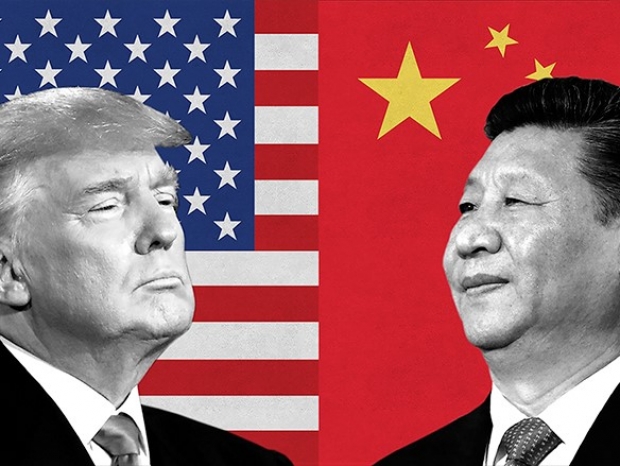Apparently, these companies have rattled the chains of their bought and paid for Congress and ordered that the bill is toned down.
Proposed legislation in Congress aimed at preventing China from acquiring sensitive technology is being softened after protests by big US companies that fear a loss in sales.
Two bills in the House of Representatives and Senate would broaden the powers of the inter-agency Committee on Foreign Investment in the United States (CFIUS) in hopes of stopping Chinese efforts to acquire sophisticated US technology. The bipartisan legislation has the support of President Donald Trump’s administration.
Senator John Cornyn’s staff is drafting changes to address industry concerns.
Representative Robert Pittenger, who is shepherding the House version of the bill, said some “clarifications” are being considered to prevent businesses from being inadvertently affected. But he added the bill would still meet its goal of protecting US national security.
CFIUS has become increasingly sceptical of high-tech deals involving China in particular and has blocked transactions that would have given it access to sophisticated semiconductors or data of American citizens.
It has also become more cautious since Trump was inaugurated a year ago amid growing political and economic tensions between the United States and China.
Senior-vice President of global policy at the Information Technology Industry Council Josh Kallmer said that fighting the bill was a very high priority and it was spending a lot of time on it. ITIC members include Google parent Alphabet, Facebook, IBM, Intel, Qualcomm and a long list of other hardware and software companies.
What they are worried about is that foreign investment can be scrutinised by CFIUS if it relates to “critical technology” or a “critical infrastructure” company, terms industry representatives said create uncertainty and give regulators too much leeway on which deals they choose to scrutinize.
Other industry groups want the industries under scrutiny by CFIUS spelt out, for example, robotics or artificial intelligence.
The other concern is CFIUS’ expanded powers would include reviewing sales of high-tech equipment or software licenses, duplicating the current export control regulations and adding uncertainty to the sales process.
Published in
News
Big tech lobby groups soften anti-China bill
It would hurt US business
An attempt by US politicians to harm Chinese trade has backfired after it emerged it would do more harm to IT companies who are dependent on China.




